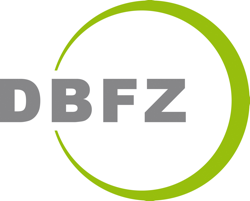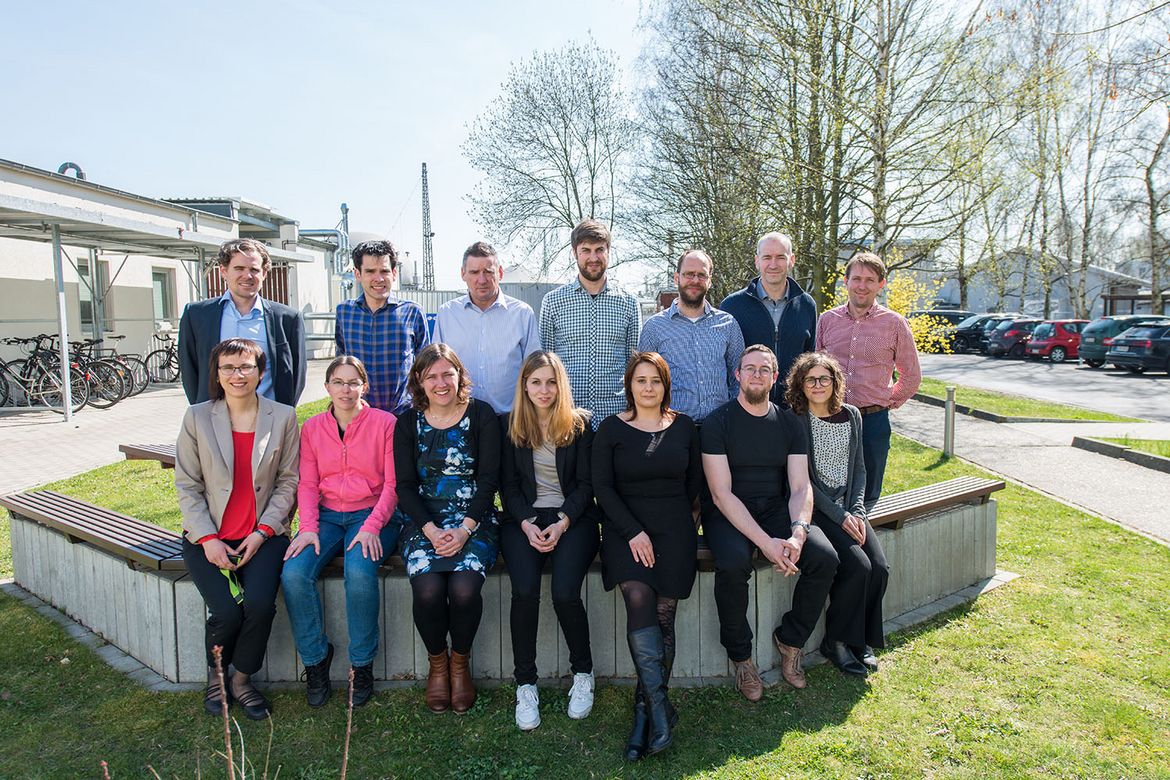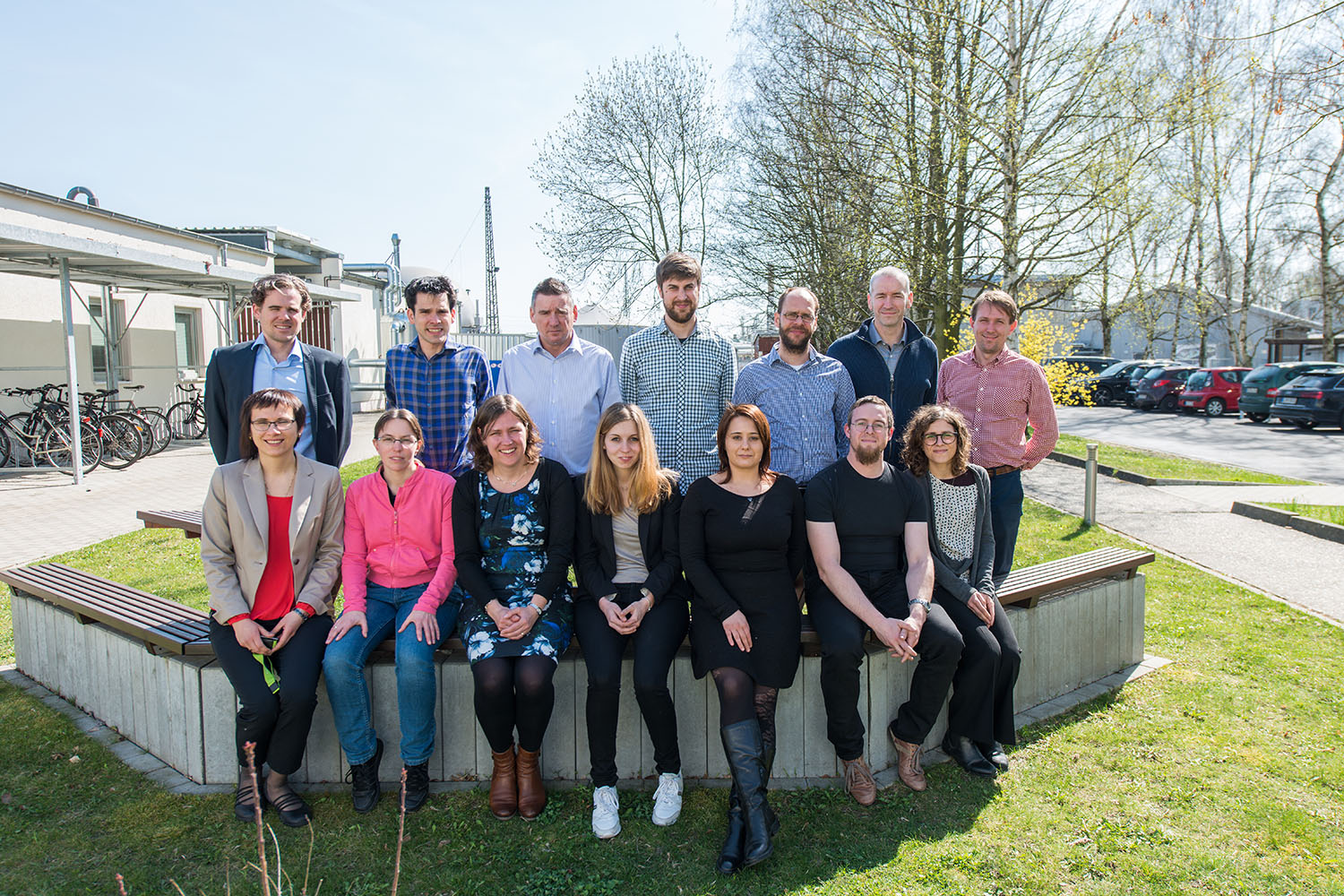EU research project DEMETER strives for innovation in enzyme production technology
Enzymes play an indispensable role in the efficient conversion of biomass, in particular of agricultural, industrial and municipal waste into fermentable sugars, chemical or bio-based materials. However, an efficient biomass conversion optimized by biochemical feedstock pretreatment, requires the availability of enzymes which have proven themselves in practice and can be produced on an industrial scale. The objective of the EU project DEMETER is the optimization of the enzyme production (yield increase as well as scale-up) and the investigation of their use in the biogas process.
At the end of 2016, the three-year EU project "DEMETER" (Demonstrating more efficient enzyme production to increase biogas yields) started. The research objective is to increase the yield of the industrial production process (fermentation) by 20%, to improve the product recovery process by 40% and to reduce the total production costs by at least 15%. A key component of the DEMETER project is the testing of a new enzyme product, developed by the project partner Genencor International BV. This enzyme originates from the fermentation of Myceliophthora thermophila (C1) and was able to show a promising cost reduction in the production of biogas from organic waste in preliminary tests. For the first time, the background effects during the addition to the biogas process will be identified, quantified and described in a numerical model. In this way, a model-based evaluation of a single biogas plant can be carried out and the expected effect can be determined in advance and the efficiency of a biogas plant can be improved by the targeted use of enzymes. Although the efficacy of the novel enzyme has already been demonstrated, the present fermentation process does not yet provide a sufficient yield in industrial production in order to be cost-efficient for large-scale applications.
The focus of DEMETER is on enzyme production process analysis using different conditions (agitation, ventilation, nutrient supply), metabolic analysis through the application of genome technologies and monitoring of the flow behavior (viscosity) as well as morphological changes. This is to identify the limitations of productivity in the process (oxygen supply, nutrient limitations, substrate delivery) and to show possibilities for optimization. Therefore, the enzyme production is firstly optimized on a laboratory and small pilot scale, while important information is obtained for further scale-up. The improved fermentation and downstream process is then transferred to a 15,000 L pilot plant in Belgium. In parallel, the effect of enzymes on the biogas yield is quantified using five commonly used biomasses (maize, green grass, sorghum and grass silage, straw) and the organic fraction of municipal waste. Finally, the improvement of the biogas production process is demonstrated by the use of the enzyme in practice in large-scale biogas plants throughout Europe. The results of these practical tests are considered in order to further improve the production process and its yield.
Further information is available at: www.demeter-eu-project.eu
Smart Bioenergy – innovations for a sustainable future
The DBFZ works as a central and independent thinker in the field of energy and material use of biomass on the question of how the limited available biomass resources can contribute to the existing and future energy system with sustainability and high efficiency. As part of the research the DBFZ identifies, develops, accompanies, evaluates and demonstrates the most promising fields of application for bioenergy and the especially positively outstanding examples together with partners from research, industry and public. With the scientific work of the DBFZ, the knowledge of the possibilities and limitations of energy and integrated material use of renewable raw materials in a biobased economy as a whole should be expanded and the outstanding position of the industrial location Germany in this sector permanently secured – www.dbfz.de/en.


